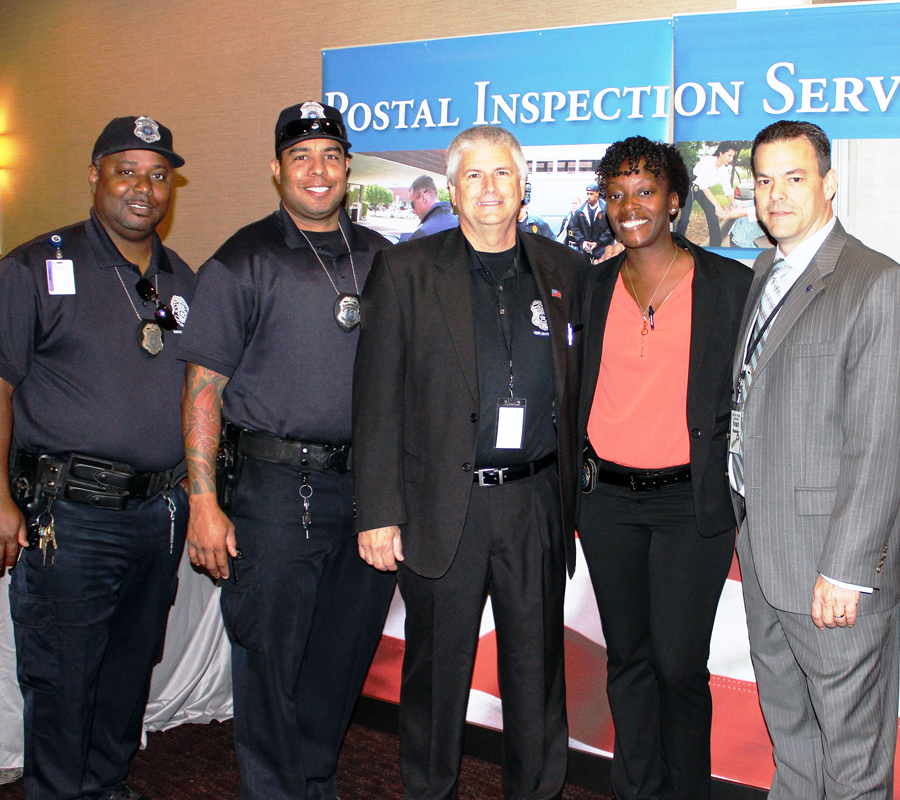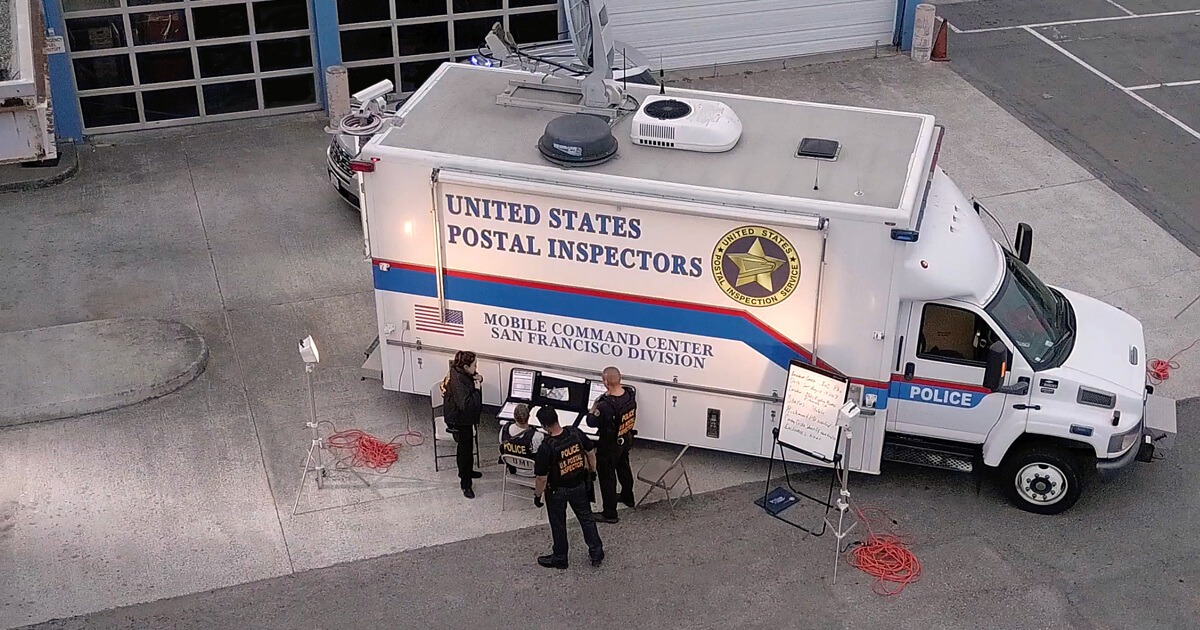
File Complaint Us Postal Inspector Careers
USPS expended a total of $4,541,324 for 3,014 complaint investigations, for an average expenditure of $1,507. USPS agreed to pay a total of $5,631,795 plus other benefits for 598 complaint closures through settlement agreements, final agency decisions, and final agency orders fully implementing AJ decisions.
Anyone may file a complaint with the Civil Rights Center (CRC) who believes that discriminatory actions have been:
La cimbali m39 dosatron manual high school review. View and Download La Cimbali M2 Program manual online. M2 Program Coffee Maker pdf manual download. Also for: M2 barsystem. Coffee Maker La Cimbali M39 Dosatron TE Engineer's Manual (50 pages) Coffee Maker La Cimbali M29 Selectron Use And Installation (100 pages). This DOSATRON will, as time goes by, prove itself to be a most faithful ally. A little care and attention, regularly spent, will guarantee you an operation in which the word breakdown has no place. THEREFORE, PLEASE, READ THIS MANUAL CAREFULLY BEFORE PUTTING THE DOSATRON INTO OPERATION. LA CIMBALI-M39 TE Dosatron. The M39 series is Cimbali’s flagship traditional espresso machine. This is a robust workhorse and is very reliable even under extreme working conditions. This automatic espresso coffee machine is equipped with a micro-processor for an easy programming of coffee and hot water dosage.
Taken by any of the following:
- Any agency, organization, or business that receives any of the following types of federal financial assistance. These agencies, organizations, and businesses are known as recipients.
- Financial assistance under Title I of the Workforce Innovation and Opportunity Act (WIOA) and its predecessor, Title I of the Workforce Investment Act of 1998 (WIA). Examples include:
- WIOA/WIA programs for adults, youth, and dislocated workers
- Federal employment and training programs for Native Americans and migrant and seasonal farm workers
- Financial assistance from the U.S. Department of Labor (DOL). These include grantees under grant programs administered by such DOL agencies as:
- The Mine Safety and Health Administration (MSHA)
- The Occupational Safety and Health Administration (OSHA)
- The Veterans' Employment and Training Service (VETS)
- Any other DOL grantmaking agencies
- Financial assistance under Title I of the Workforce Innovation and Opportunity Act (WIOA) and its predecessor, Title I of the Workforce Investment Act of 1998 (WIA). Examples include:
- An American Job Center partner listed in WIOA Section 121(b)/WIA Section 121(b) that offers programs or activities through the American Job Center system. Examples of programs that American Job Center partners must offer through the system include:
- State employment services programs
- Unemployment Insurance
- the Senior Community Service Employment Program (SCSEP) for older workers
- A State or local government or other public entity (for disability-related matters only)
Or taken in a program or activity conducted by DOL, such as the Job Corps program.
The bases for (types of) discrimination that are forbidden in a particular program or activity will depend on which of the civil rights laws enforced by CRC apply to that program or activity. Taken together, those laws forbid discrimination on the basis of race, color, religion, sex (including pregnancy and gender identity), national origin, age, disability, or political affiliation or belief.
Additionally, in specific circumstances, the laws enforced by CRC forbid discrimination on the following bases:

- Anyone whom Congress intended to benefit from any of the programs or activities listed above that are WIA-related, or are offered by an American Job Center partner through the American Job Center system, is protected from discrimination on the basis of:
- Citizenship/status as a lawfully admitted immigrant authorized to work in the United States
- Participation in a program or activity that receives financial assistance under WIOA Title I or WIA Title I.
- Discrimination on the basis of sexual orientation or status as a parent is prohibited in Federally conducted education and training programs, such as Job Corps.
- Retaliation against, or intimidation of, anyone who takes any of the following actions related to nondiscrimination or equal opportunity is prohibited:
- Filing a discrimination complaint
- Opposing a practice that is made illegal by civil rights law
- Giving information to, testifying at, or taking part in any other way in, an investigation, a compliance review, a hearing, or any other type of civil rights-related activity.
How to File a Discrimination Complaint
Where to file. Every State and every Local Workforce Investment Area (LWIA) must have a process in place for handling complaints that allege one or more of the bases (types) of discrimination listed above. In most cases, the complainant (person filing a complaint) may choose to file either with CRC or at the State or local level. In cases in which a complaint is filed at the State or local level that should have been filed with CRC, the State or local level should refer the complaint to CRC.
Special filing requirements apply to the Job Corps program. For more information, contact CRC.
Requirements for all complaints. Regardless of where they are filed, all complaints must be filed in writing, and must include the following information:
- The name of and contact information for the complainant
- The name of and contact information for the recipient that committed the alleged discriminatory act(s)
- A description of the alleged discriminatory act(s) in sufficient detail to allow a reader to understand what act(s) occurred, when the act(s) occurred, and what the alleged basis of (reason for) the discrimination is (e.g., race, age, national origin)
- The signature of the complainant, or the signature of the complainant's authorized representative (if any)
FAQs
Filing a Complaint at the State or Local Level | Every recipient must notify customers, applicants, employees, and members of the public about their rights under the laws enforced by CRC, including where and when to file discrimination complaints under the State or local process where applicable. All complaints must be filed within 180 days of the alleged discrimination unless CRC (not the State or LWIA) has extended the filing time for good cause. The complainant has the right to be represented in the complaint process by an attorney or other representative. In most cases, the State or LWIA has 90 days to resolve the complaint and issue a written Notice of Final Action. Options for resolving the complaint must include alternative dispute resolution (ADR), at the complainant's choice. If the complainant is dissatisfied with the resolution of his/her complaint at the State or local level, s/he may file a new complaint with CRC within 30 days of the date on which s/he receives the Notice of Final Action. If the State or LWIA fails to issue the Notice within 90 days of the date on which the complaint was filed, the complainant may file a new complaint with CRC within 30 days of the expiration of the 90-day period (in other words, within 120 days of the date on which the original complaint was filed). |
|---|---|
Filing a Complaint with CRC | An initial complaint filed directly with CRC must be filed within 180 days of the alleged discrimination. CRC may extend the filing time for good cause. Complainants are encouraged to file by completing CRC's Complaint Information Form (CIF) and Privacy Act Consent Form, which are available at the link below: If the CIF and Privacy Act Consent Form are not submitted initially, CRC will send them to the complainant to be completed, signed, and returned. CRC will not process a complaint without these forms. Complaints and Privacy Act Consent Forms may be submitted to CRC in the following ways:
The complainant has the right to be represented in the complaint process by an attorney or other representative. Written notice from the complainant must be provided to CRC, identifying the representative. |
CRC Complaint Processing | CRC evaluates all incoming complaints for CRC jurisdiction (authority) and timeliness. If CRC determines the complaint is untimely filed, or that CRC does not have jurisdiction, the complaint will not proceed to the next level of investigation. In instances where CRC does not have jurisdiction over a complaint, efforts may be taken to refer the complainant to another Federal agency. |
The CRC is committed to ensuring that communications with individuals with disabilities are as effective as communications with other individuals. If you are a person with a disability and require auxiliary aids and services in order to file a complaint, to access the CRC complaint form, or during the CRC complaint process, please contact us at CRCExternalComplaints@dol.gov or by phone at 202-693-6500 or TTY/TRS 1-800-877-8339.